The Rolling Stones’ ‘Goats Head Soup’: Richards, Wyman & Others Recall the ‘Magic’ of 1973
by Harvey Kubernik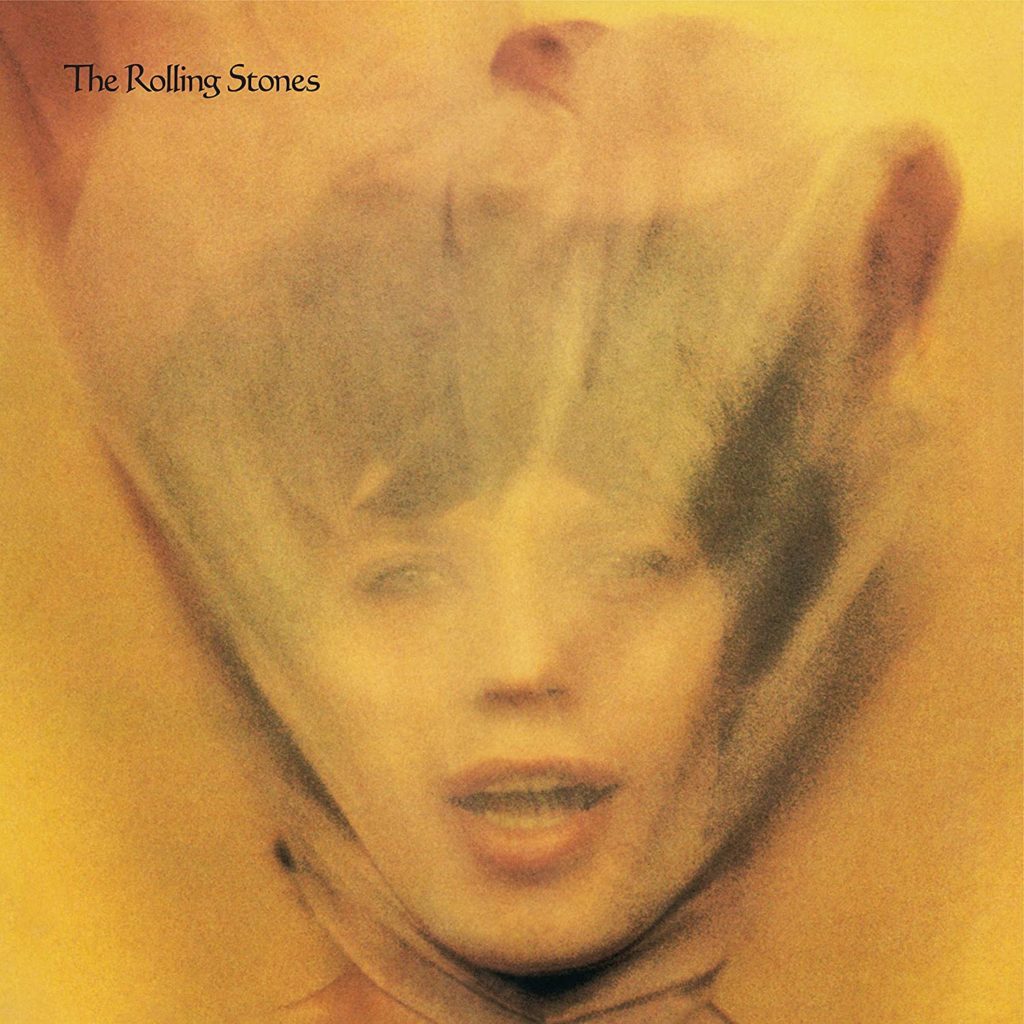 Another prized jewel in The Rolling Stones’ unmatched catalog was restored to its full glory and more with the September 4, 2020, multi-format release of their 1973 classic Goats Head Soup. The album is available in multiple configurations, including four-disc CD and vinyl box set editions. The box set and deluxe CD and vinyl editions of Goats Head Soup feature bonus tracks, which include alternate versions, outtakes and no fewer than three previously unheard tracks.
Another prized jewel in The Rolling Stones’ unmatched catalog was restored to its full glory and more with the September 4, 2020, multi-format release of their 1973 classic Goats Head Soup. The album is available in multiple configurations, including four-disc CD and vinyl box set editions. The box set and deluxe CD and vinyl editions of Goats Head Soup feature bonus tracks, which include alternate versions, outtakes and no fewer than three previously unheard tracks.
Over the years, this journalist was able to interview members of the Stones and their team, and Goats Head Soup and the magic of 1973 often came up. “I remember first jamming this with Jimmy and Keith [Richards] in Ronnie [Wood]’s basement studio. It was a great session,” recalled Mick Jagger.
An announcement at the time of the expanded collection noted that “Stones devotees worldwide will be thrilled by the inclusion, on the box set and deluxe editions, of the previously unheard ‘Criss Cross,’ ‘Scarlet,’ featuring guitar by Jimmy Page and bassist Ric Grech of Blind Faith, plus a third newly unveiled song, ‘All the Rage.’”
Listen to “Scarlet” featuring Jimmy Page
“My recollection is we walked in at the end of a Zeppelin session,” Keith Richards explained to me during a 1997 interview in San Diego, California, in which the topic turned to Goats Head Soup. “They were just leaving, and we were booked in next and I believe that Jimmy decided to stay. We weren’t actually cutting it as a track, it was basically for a demo, a demonstration, just to get the feel of it, but it came out well. With a lineup like that, you know, we better use it.”
The box set editions of Goats Head Soup includes Brussels Affair, the 15-track live album recorded in a memorable show in Belgium, on the autumn 1973 tour that followed the album’s August 31 release. This much-sought-after disc, mixed by Bob Clearmountain, was previously available only in the Stones’ “official bootleg” series of live recordings in 2012.
The Brussels show features the already-classic “Tumbling Dice,” “Midnight Rambler,” “Jumping Jack Flash” and many others, and includes a sequence of tracks from the then-new album: “Star Star” is followed by “Dancing With Mr. D,” “Doo Doo Doo Doo Doo (Heartbreaker)” and “Angie.”
In 2002, I did an interview with Rolling Stones co-founder and bassist Bill Wyman about the band’s live shows around the time of Goats Head Soup. The 1973 Brussels Affair captures the band on stage at its zenith.
“I always thought, as long as me and Charlie could get it together, then the rest of the band could do what they’d like and it worked,” remarked Wyman. “And that’s what happened in the studio, and that’s what happened live. Me and Charlie were really always on the ball, always straight, always together and had it down. If we had our sh*t together we got it right. What he was doing and what I was doing, standing next to him and watching his bass drum, and all that, which a lot of bass players don’t do, stupidly, once we got our thing going, and the group was there, then anything could happen. That’s all there was. There was simplicity. It wasn’t how many notes you played, it’s where you left nice holes. I learned that from [Memphis bassist] Duck Dunn and people like that.”
Related: Our review of the Goats Head Soup Deluxe Edition
Listen to the previously unreleased “All the Rage”
Music business veteran Marshall Chess is the son of Leonard and nephew of Phil Chess, the dynamic duo that founded Chess Records, the legendary Chicago-based blues and jazz label. After departing from Chess Records, Marshall formed and ran Rolling Stones Records from 1970-1978. He was involved as executive producer on seven Rolling Stones #1 albums during the 1970s.
In a 2008 interview, I asked him about the band’s concerts, like the stellar Brussels show from 1973.
“The songs became bigger on stage,” he said. “On stage the Stones have the alchemy, the magic of becoming one. When bands lock together, and become as one, it’s much greater than any individual. It becomes a very magical thing. Music can conjure up magic, and they, not on purpose, but by fate, by chance, whatever you want to call it, they make magic sometimes. And not every time they play. But they make it on their records, they make it live. Even when they played badly people get carried away with it. I’ve seen that one. I used to tour with them.”
Listen to the bonus track of “Midnight Rambler” live from Brussels 1973
Their 11th U.K. studio album, recorded in Jamaica, Los Angeles and London as their last collaboration with producer Jimmy Miller, Goats Head Soup came in the wake of the Stones’ landmark 1972 double album Exile On Main St.
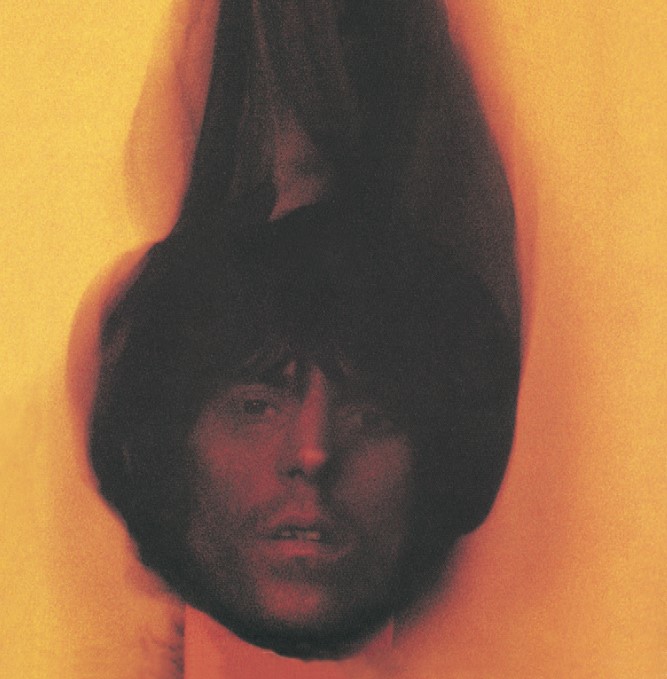
Keith Richards on the back cover of Goats Head Soup (Photo: David Bailey)
“You never point the microphone actually at the instrument,” Keith explained in our 1997 interview that also touched on Goats Head Soup. “You’ve got them in the corners pointing and once you’ve found those placements, you don’t really change them. One of the joys of it was that you’re not really aware that you’re actually making a record. The room is good if you know what you’re doing. Use as few microphones as possible. The whole idea when you play music is to fill the room with sound. You don’t have to pick up each individual instrument, particularly in order to do that. Because a band is several people playing something. And somewhere in the air of the room, that sound has to gather in one spot. And you have to find that spot.
“It’s very easy to write in Jamaica. But in Jamaica, it’s particularly easy because they are so musically oriented, the Jamaicans. I mean, to be quite honest with you, the Jamaicans do nothing without music, which for a musician is fantastic! Because, even if you’re not playing music in your own house, you can hear half the town below in little villages and there’s music playing. They do everything to music. It’s an open environment when we record.”
Andy Johns was the chief engineer and mixer of Goats Head Soup. I interviewed him in 2012.
“I got to work with the Rolling Stones because of [producer] Jimmy Miller,” he said. “I’d worked with him as an assistant engineer at Olympic Studios, and then moved over to Morgan Studios. And they made me a full-time engineer almost instantly. I was well aware of the Stones when Glyn did their first demos at IBC. They didn’t even have a record deal. I remember him bringing that stuff back to the house. They soon started making records. Glyn used to live with [Stones pianist] Ian Stewart.
“The first Stones’ session on ‘You Can’t Always Get What You Want’ went very badly,” said Johns. Just horrible. They did not want to be there and there were too many of them for that little place. [Multi-instrumentalist] Al Kooper was there, I think. That was my first opportunity of working with [the Stones]. Mick was in a foul mood, telling me to turn Brian [Jones] off. Jimmy got me in on Sticky Fingers, which was about half done.
“Jimmy was an extremely talented man. His main gift, I think, was his ability to get grooves, which for a band like the Stones is very important. Look at the difference between Beggars Banquet and Their Satanic Majesties Request. He put them right back on the rail. So he was quite influential then and came up with all sorts of lovely ideas for them. In fact, that’s him playing the cowbell at the beginning of ‘Honky Tonk Women.’ He sets it up.
“On Exile, they sort of stopped listening to him and by the time we got to Goats Head Soup it was like he wasn’t there. That was a very tough record to make,” said Johns. “I love ‘Winter’ from that.”
Producer Miller was a wonderful guy,” said Marshall Chess. “I loved him. I was in Jamaica for Goats Head Soup. Great songs on that album and a great period. We were living in different places but when we came to record we would get totally absorbed with the atmosphere. What I noticed about the Rolling Stones at their sessions was that even though they were using multi-track they were so locked in this kind of magical way. When we did the rhythm tracks, it was basically mono. It didn’t matter. Even though they were on separate tracks they were locked. We didn’t have to correct. Keith sometimes f**ked with Bill’s bass but they didn’t have to.
“I was involved at this time in tweaking. ‘Less bass here.’ Some sequencing. I am hearing fantastic sounds. I was a record man so I was involved with the pricing, the cover and the manufacturing. The whole thing.”
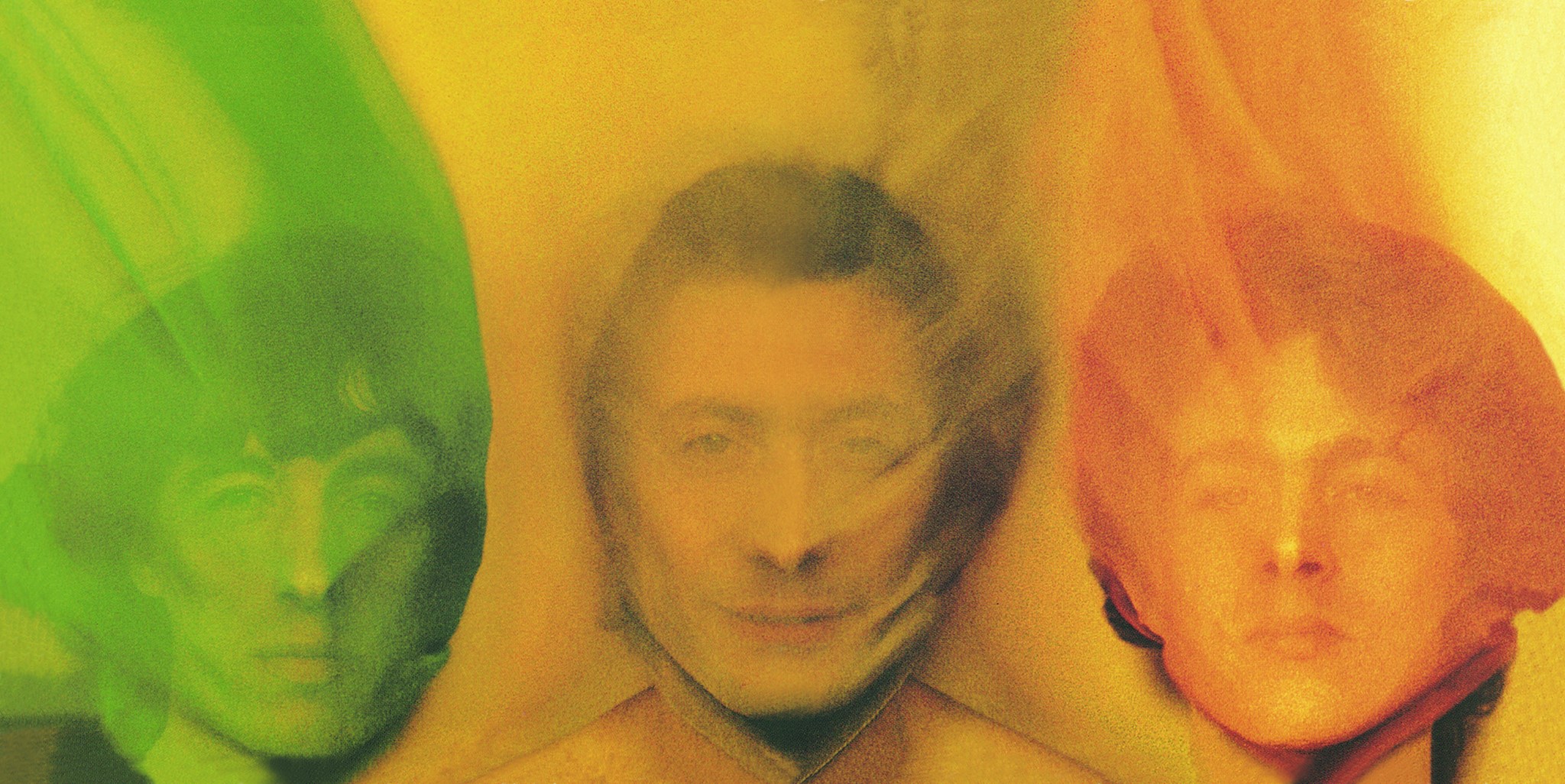
The inner gatefold sleeve from Goats Head Soup shot by David Bailey.
Goats Head Soup, with its famous David Bailey sleeve, featured the Stones’ 1969-1974 lineup of Jagger, Richards, Mick Taylor, Bill Wyman and Charlie Watts, with the addition of some essential collaborators. On an album on which their trademark rocking sound was often augmented by more low-key, reflective material, there were four featured piano players: Nicky Hopkins, Billy Preston, Ian “Stu” Stewart and Jagger himself.
Hopkins was a longtime staple on Stones recordings and an important auxiliary member.
“Nicky was the best and the greatest,” said Johns. “God bless Nicky Hopkins. He added so much to that band. Sometimes you wouldn’t really notice it. But if you take the piano out, then the house of cards collapses a bit. He was always coming up with gorgeous little melodies. Earlier, ‘She’s a Rainbow.’ That’s Nicky. Of course he was doing a lot of things like that. Plus, he was extremely rhythmic. People don’t remember him for being rhythmic, but he was.”
“Angie” was the only single to be released from the LP in the U.K., where it spent two weeks at #5 in September. In the U.S., the exhilaratingly funky, horn-filled “Doo Doo Doo Doo Doo (Heartbreaker),” featuring Mick Taylor’s wah-wah lead guitar, followed it into the top 20 in February 1974.
Album highlights included “Dancing With Mr. D,” “100 Years Ago,” “Star Star” and “Winter.” Richards’ rueful lead vocal on “Coming Down Again” featured another Stones stalwart, saxophonist Bobby Keys.
“Mick Taylor in the studio was just a shining light,” said Johns on the topic of Goats Head Soup in our interview. “When he plays his guitar and we’d do 100 takes on something, he would come up with something slightly different every time. Faultless. Every once in a while he’d drop a note. I mean, that’s expected. For his slide playing, he’d put a bottle on his little finger and then he’d do chords with the rest of his hand. So he could do both at once. Usually it’s a separate deal but that was part of his style. His sense of melody was unbelievable.
“Every time I knew it was Mick Taylor I’d be sitting at the edge of my seat. He was wonderful but became discontent with his situation. On the 1973 tour of Europe I spent quite a lot of time with him and he would say, ‘Anytime I have an idea I’m blocked out.’”
“I loved Mick Taylor in the Stones,” agreed Marshall Chess. “I liked his feminine warm sounds intertwined with Keith’s masculinity. And I felt Ronnie was brilliant, I knew him from the Faces. Ronnie is like Keith. It’s like two Keiths. They’re both very similar. But Mick Taylor had something, the texture. Even now when I listen to the Stones’ channel on SiriusXM I hear those Mick Taylor solo and it does something to me.”
The album’s expanded edition is available in the U.S. here, in Canada here and in the U.K. here.
Listen to an older classic, “Street Fighting Man,” live from Brussels 1973

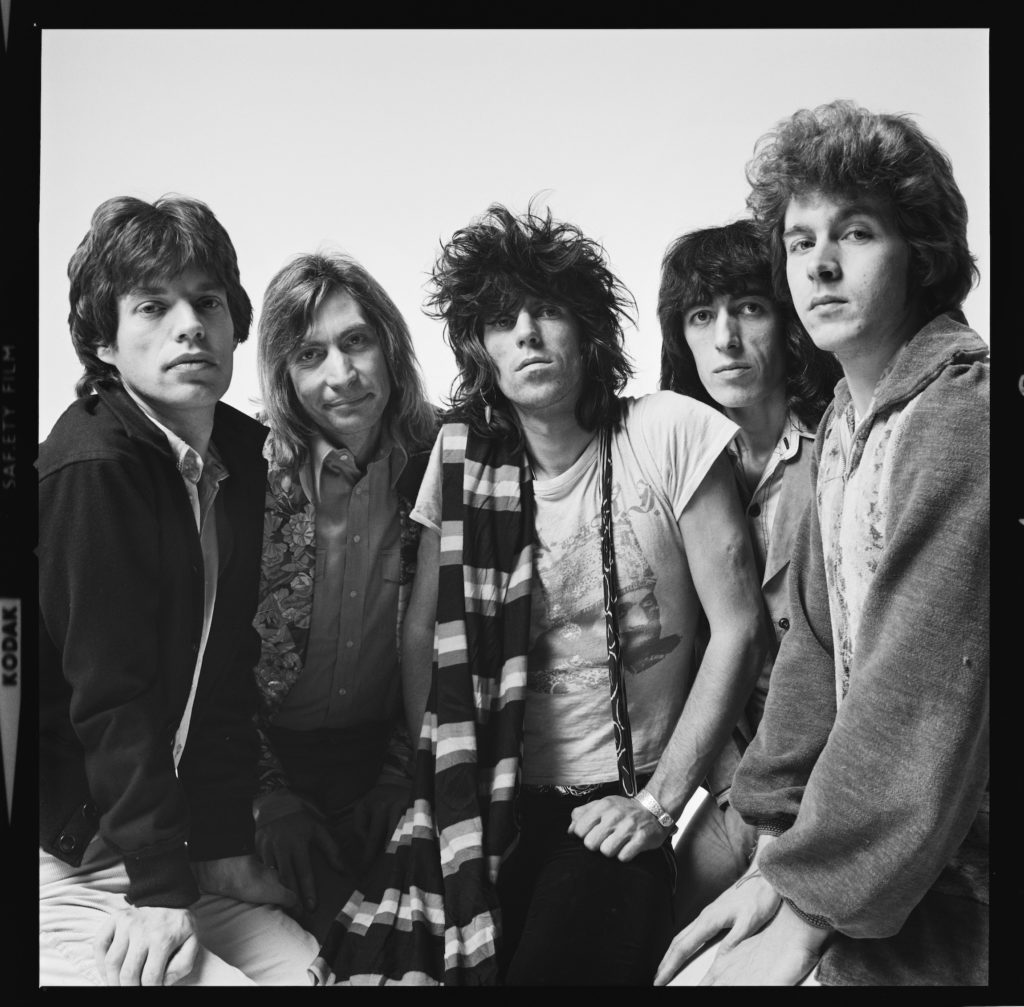
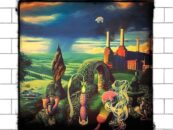




4 Comments so far
Jump into a conversationA lot of people think exile on Main Street is the pinnacle of the 69-74 period but Goats Head Soup certainly was a fine follow up with irresistible melodies and hooks. Angie is just gorgeous and Heartbreaker is another in a long line of great New York City tunes and yes, the band was at its best with Taylor, and after he left they were never quite as good although they certainly have had their moments later on.
Whomever left “All The Rage” off the album should have been flogged. Killer hook and a performance that is a textbook definition of the classic Stones’ sound.
Goats Head Soup is a great album. Its well polished and Mick Taylor shines. There are many creative songs on this album. By the sound of it Mick Taylor is clearly in charge. Winter, Heartbreaker, Angie, Can You Hear The Music, Silver Train, 100 Years Ago are classic songs. The Stones’ made two classic albums after Mick Taylor left the band, Some Girls and Tattoo You. Musically they never recovered after Taylor left. Why the hell didn’t they ask him to play on their new album?
Fantastic article, great comments from many.
All the Rage was wisely left off the album. This song is the Rolling Stones doing the New York Dolls — the sound, the playing, the lyrics (which could’ve been written by David Johanson).